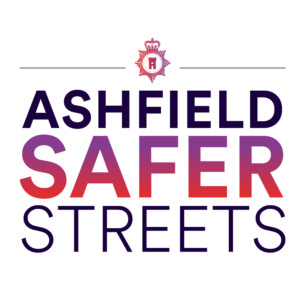Children's Mental Health Week - More Than Upsetting
More than just upsetting
This week (February 7 – 13) is Children’s Mental Health Week and our focus is on the effects of domestic abuse on child mental wellbeing.
It goes without saying that witnessing the abuse of one of their parents is very upsetting for children to see, but it’s more than that.
According to the Royal College of Psychiatrists (Royal College of Psychiatrists, 2015), there’s a range of behaviours that it can trigger. “Younger children may become anxious. They may find it difficult to sleep, have temper tantrums and start to behave as if they are much younger than they are. They may also find it difficult to separate from their abused parent when they start nursery or school.
“Older children react differently. Boys seem to express their distress much more outwardly, for example by becoming aggressive and disobedient. Sometimes, they start to use violence to try and solve problems and may copy the behaviour they see within the family.
“Girls are more likely to keep their distress inside. They may become withdrawn from other people and become anxious or depressed. They are more likely to have an eating disorder, or to harm themselves by taking overdoses or cutting themselves.
“Children dealing with domestic violence and abuse often do badly at school. Their frightening experiences at home make it difficult to concentrate in school, and if they are worried about their abused parent, they may refuse to go to school.”
What this information from the Royal College of Psychiatrists tells us is that domestic abuse has significant impact on children’s mental health.
Here at NIDAS we support children and young people aged five to 11 years and 12 to 25 who are or have been affected by domestic abuse. Through one-to-one support sessions we enable them to talk about and understand their experiences in a safe and confidential space.
The NIDAS family team supports women and their families to stay safe, grow their self-esteem and go on to build happy, healthy relationships. We work closely with families to understand support needs and with them, agree a bespoke plan of support that is realistic, achievable and effective.
If domestic abuse is affecting you and your children, or if you are a young person who has been affected, for Children’s Mental Health Awareness Week, please give us a call on 01623 683250.
References
Royal College of Psychiatrists (2015). Domestic violence and abuse – its effects on children: the impact on children and adolescents: for parents and carers. [online] RC PSYCH ROYAL COLLEGE OF PSYCHIATRISTS. Available at: https://www.rcpsych.ac.uk/mental-health/parents-and-young-people/information-for-parents-and-carers/domestic-violence-and-abuse-effects-on-children.
